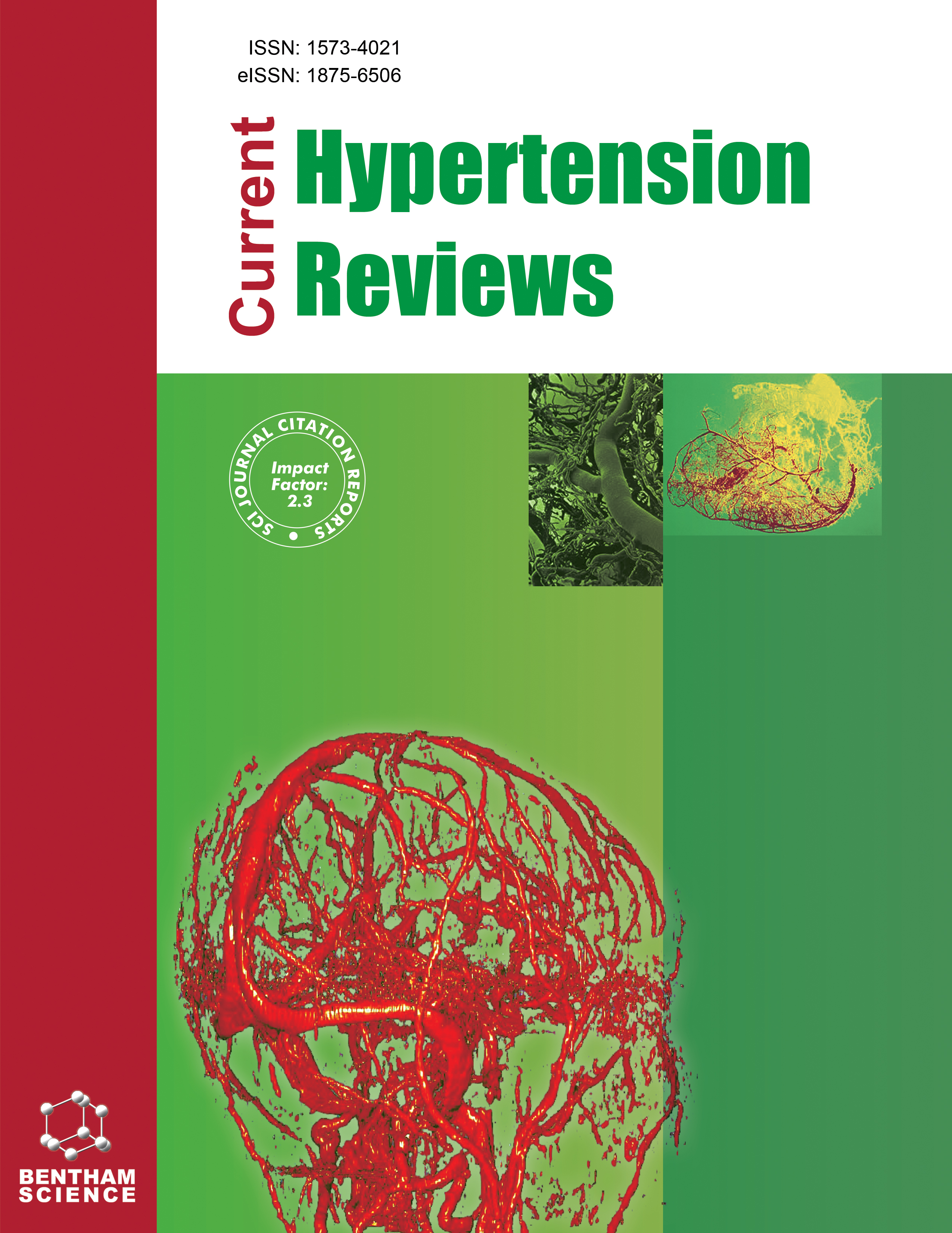
Full text loading...
According to current clinical practice guidelines, Ambulatory Blood Pressure Measurement (ABPM) is recommended to confirm diagnoses of hypertension. It remains unclear as to which method is superior in predicting mortality outcomes.
Prospective observational studies, comparing ABPM with Clinical Blood Pressure Measurements (CBPM), were included with outcomes of the study being all-cause and cardiovascular mortality.
Nine studies with a total of 23,140 participants were included. Each 10-mmHg increase in 24-hour mean systolic blood pressure (SBP) was linked to a higher risk of all-cause mortality (HR: 1.13, 95% CI: 1.09–1.18), while Clinic Blood Pressure Measurement (CBPM) was not a significant predictor (HR: 1.02, 95% CI: 0.90–1.13). Nighttime SBP increases of 10 mmHg were associated with a higher all-cause mortality risk than daytime SBP (HR: 1.16, 95% CI: 1.11–1.21 versus HR: 1.08, 95% CI: 1.05–1.12). For cardiovascular mortality, a 10 mmHg increase in SBP yielded an HR of 1.21 (95% CI: 1.16–1.27) for 24-hour ABPM compared to 1.08 (95% CI: 1.04–1.11) for CBPM. Similarly, for a 5 mmHg increase in Diastolic Blood Pressure (DBP), the HR was 1.14 (95% CI: 1.07–1.20) for 24 hour ABPM versus 1.04 (95% CI: 1.01–1.07) for clinical DBP, highlighting 24-hour monitoring as a stronger predictor for cardiovascular mortality.
The findings of this study support the superiority of ABPM measurements in predicting both all-cause and cardiovascular mortality.

Article metrics loading...

Full text loading...
References


Data & Media loading...
Supplements

